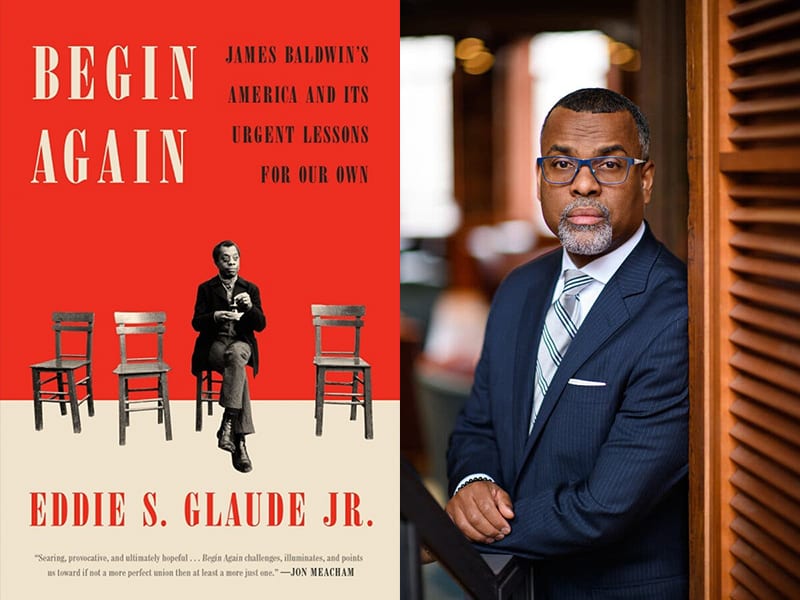


In the story of Baldwin's crucible, Glaude suggests, we can find hope and guidance through our own after times, this Trumpian era of shattered promises and white retrenchment. But from that journey, Baldwin emerged with a sense of renewed purpose about the necessity of pushing forward in the face of disillusionment and despair. In these years, spanning from the publication of The Fire Next Time in 1963 to that of No Name in the Street in 1972, Baldwin was transformed into a more overtly political writer, a change that came at great professional and personal cost. We have been here before: For James Baldwin, the after times came in the wake of the Civil Rights movement, when a similar attempt to compel a national confrontation with the truth was answered with the murders of Medgar Evers, Malcolm X, and Martin Luther King, Jr. Glaude, Jr., in the after times, when the promise of Black Lives Matter and the attempt to achieve a new America were challenged by the election of Donald Trump, a racist president whose victory represents yet another failure of America to face the lies it tells itself about race. If one refuses abdication, one begins again." -James Baldwin We live, according to Eddie S. Responsibility cannot be lost, it can only be abdicated. In the era of Trump, what can we learn from his struggle? "Not everything is lost. About the Book "James Baldwin grew disillusioned by the failure of the Civil Rights movement to force America to confront its lies about race.


 0 kommentar(er)
0 kommentar(er)
